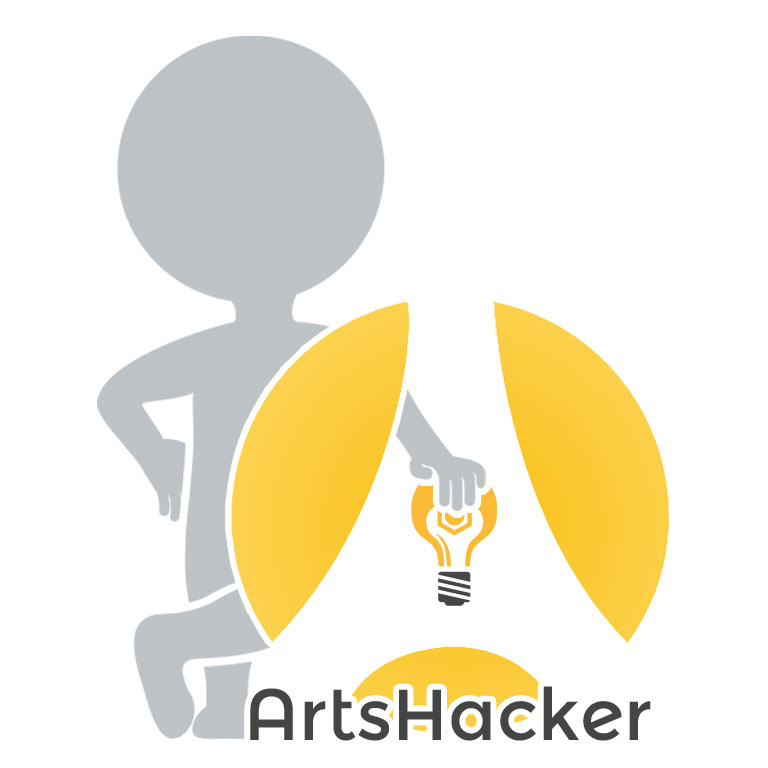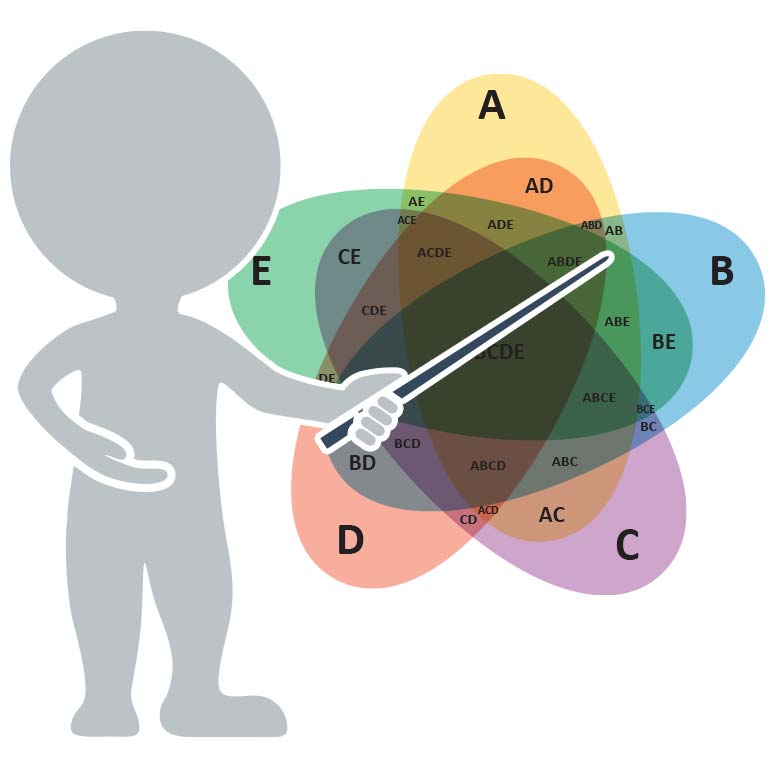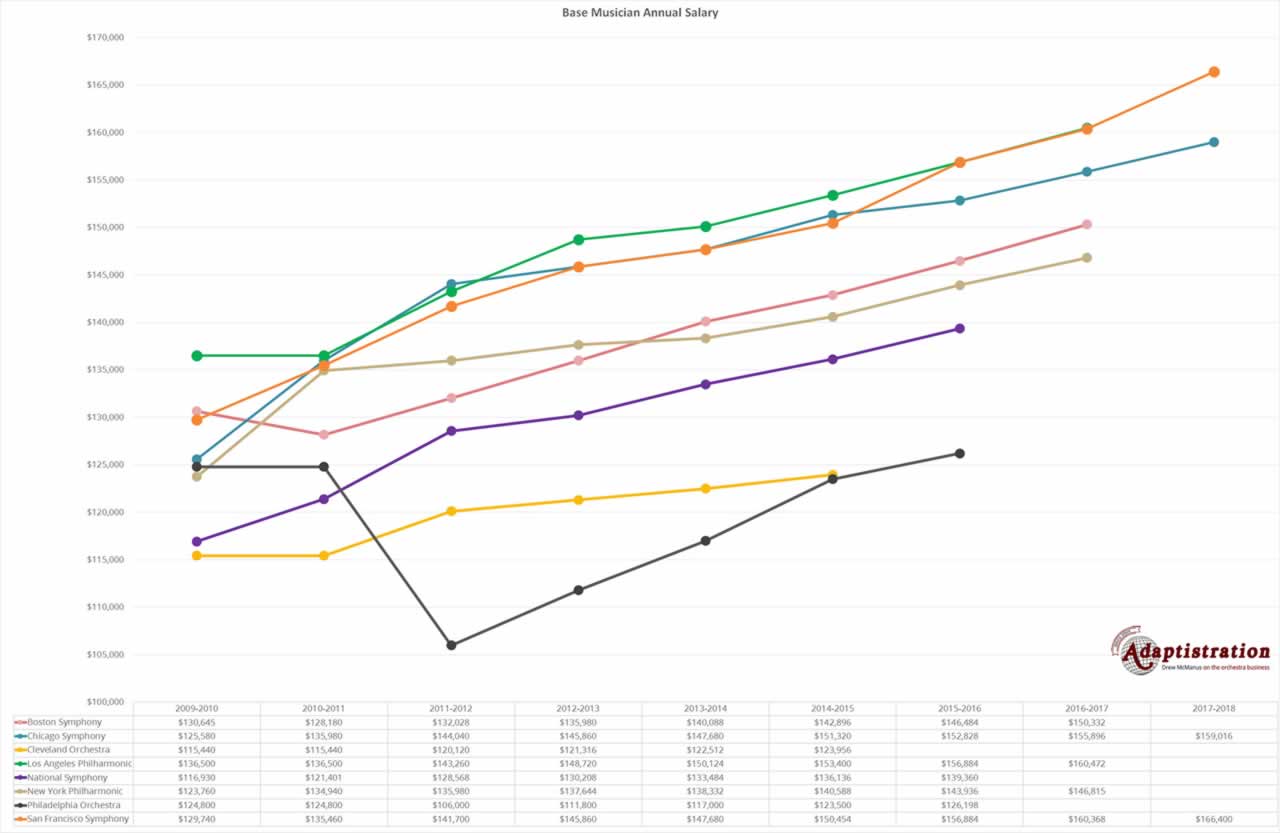Faithful reader Frank in Alexandria and I had a productive communication last week. Frank is very passionate about revitalizing classical music in his lifetime and he brings a refreshing analytical approach thanks to his years as a research scientist. Here’s what Frank had to say:
“Progressive groups will be will become stronger if they communicate and cooperate. One of the ways any committed person like me can help is to gather and organize information and ideas. While knowledgeable “audience representatives” are in short supply, communication between these individuals can identify cooperative ideas and opportunities. Reaching larger audiences, both influential or professional, and general with fresh perspectives seems to be a no-lose proposition.”
This is where a national grass roots campaign can really take hold and spread throughout our communities. Frank hits on one of the key elements: gathering and organizing information and ideas. But as Frank has discovered, finding that information takes a great deal of time and effort, more than most people are able to dedicate. Many patrons start at their local orchestra web page or conducting a word search at Google They usually find information about orchestra volunteer programs but rarely locate the multitude of raw data available about the orchestra industry as a whole.
Although many links are listed in the “resources” section of my Adaptistration page (as well as the other AJ bloggers resource listings) here are some of the pertinent links regarding orchestra and musician issues you can find online:
- The Knight Foundation Study : Classical Music Consumer Segmentation Study
- Orchestras Canada Soundings report : A report designed to identify common issues, challenges and successes among orchestras across Canada.
- Senza Sordino : The official newsletter of the International Conference of Symphony and Opera Musicians, a conference of the AFM.
- The Leading Tone : The official newsletter of the Regional Orchestra Players Association, a conference of the AFM.
The following site allows you access to an orchestra’s specific financial information, which is something everyone with a vested interest in their orchestra should have access to:
- Guide Star : Access to an orchestra’s annual 990 tax form. You can find out how and where an orchestra spends its revenue as well as the salary for many of the top executives and musicians.
In order to help the average orchestra patron learn more about the industry and become better equipped to participate, I propose the creation of a web site that will bring much of this information together in a single location. Although the American Symphony Orchestra League has something loosely like this on their web site , it only features limited information and focuses on existing orchestra volunteer groups. Much of their services are in the form of conferences and seminars that require membership and user fees to attend. I feel that although it is somewhat useful, the ASOL volunteer services are too “exclusive”, meaning they are not overly welcome to “progressive” thinkers outside conventional practices and are not readily available to non ASOL members. This new site should feature:
- “Self enabling” tools that will aid patrons in starting their own orchestra social clubs, learning how to communicate with orchestra administrators, and even discover how they can collectively commission a new piece of music!
- Message boards and blogs that feature a variety of opinions and views.
- Links to and from each individual orchestra across America to help guide patrons to existing volunteer and docent programs.
- An accredited national orchestra docent league, with individual chapters in each American orchestra. Docents can establish exchange programs among member orchestras and receive continuing education from established conservatories and schools of music.
Most of all, this new web site should help promote excitement about orchestral music. The best innovation usually comes from the least likely sources. So if we collect as many underdeveloped sources together in one location, we should start to see some truly innovative ideas.
So who out there has the money to get something like this started?


